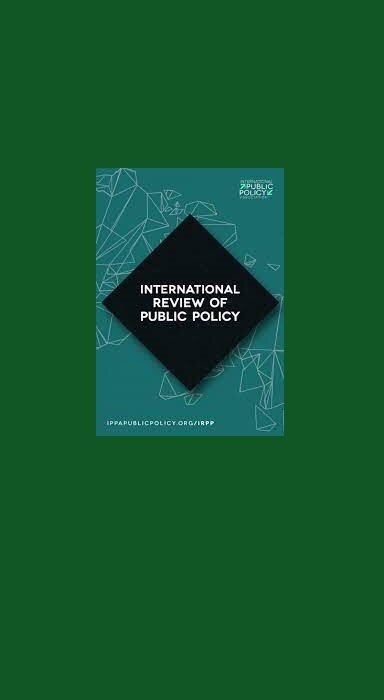Determinants of Policy Diffusion in Brazil and the U.S.
This paper comparatively examines two highly decentralized federations, namely Brazil and the United States (U.S.) The study uses a combination of methods to determine which mechanisms explain the spread of metropolitan regions (Brazil) and the growth of the statewide smoking ban (U.S.) among state governments over the 1990s and 2000s. It uses Weibull distribution and Cox regression to measure the time until events occur and to estimate the influence of a variety of factors on the likelihood of two policies being adopted. I find evidence of electoral-year drive policy diffusion in both countries. In Brazil, a key structural variable associated with internal determinants stimulated metropolitan policy adoptions. In the U.S., structural factors – linked with citizen ideology – enhance the probability of enacting smoke-free laws.
COÊLHO, DENILSON BANDEIRA. Determinants of Policy Diffusion in Brazil and the U.S.. International Review of Public Policy, v. 3, p. 194-215, 2021.


